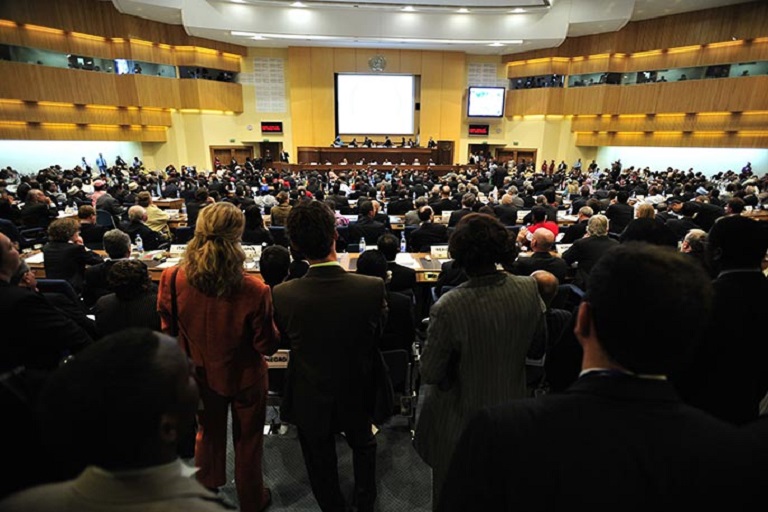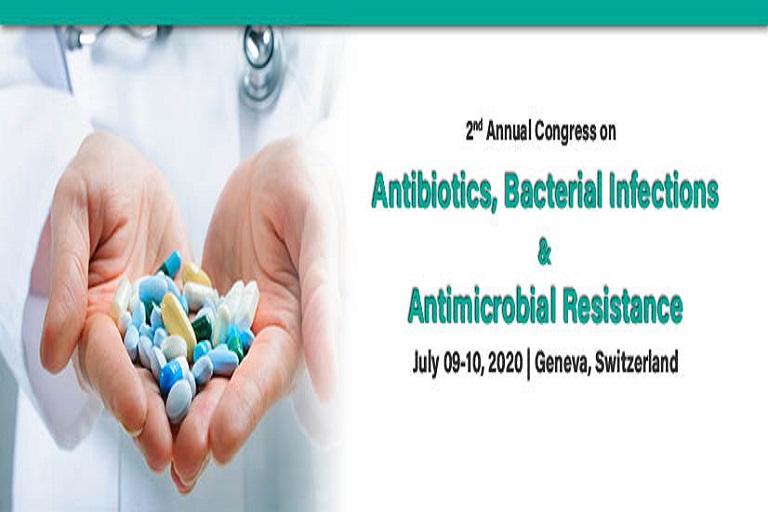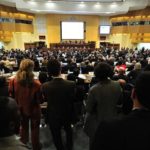What’s the Difference Between Dementia and Alzheimer’s Disease?
Dementia vs. Alzheimer’s disease
“Dementia is an umbrella term for a range of diseases that are characterized by cognitive decline—and then Alzheimer’s disease is the most common type of dementia under that umbrella,” says Zaldy S. Tan, M.D., M.P.H., director of the Cedars-Sinai Health System Memory and Aging Program. So while they’re related, they’re not interchangeable terms. Dementia as a whole is tricky because “there’s no questionnaire that you can fill out and say, ‘Oh, I have this type of dementia,’” says Dr. Tan. “It’s very complex and the presentations vary from person to person so if you have two people and they both have Alzheimer’s disease, their presentation may be quite different.”
Types of dementia
It’s estimated that 60 to 70% of people with dementia have Alzheimer’s disease, according to the World Health Organization. However, the remaining 30 to 40% of dementia cases are made up of a wide variety of conditions. For instance, there’s vascular dementia, Lewy body dementia, frontotemporal dementia, traumatic dementia, dementia associated with an infectious disease, and even alcohol-related dementia—just to name a few. “Each of these then has its own unique signature in the brain—its own unique hallmarks and progression and symptoms—but they can also occur together sometimes so there’s mixed pathology,” says Sexton. Dementia is simply an umbrella term that refers to any condition that impairs cognition, but there are many conditions that can hinder brainpower. Alzheimer’s is the most common one.
How Alzheimer’s is different
At its onset, Alzheimer’s tends to affect more of your learning and memory than other types of dementia, which might be more likely to impact your planning or language. In the brain of a person with Alzheimer’s disease, there are buildups (often referred to as plaques) of beta amyloid protein fragments between nerve cells as well as tangles of the protein tau inside cells. Scientists don’t know exactly how these plaques and tangles contribute to Alzheimer’s disease, but some believe they throw off communication between nerve cells and interfere with normal cell processes, according to the Alzheimer’s Association. As the disease progresses and more of the brain is affected, a person may experience behavior changes, confusion, delusions, and difficulty speaking or walking. Other types of dementia can progress differently, depending on what parts of the brain are affected.
Where mild cognitive impairment fits in
Diagnosing and determining the type of dementia a person has can also get tricky because some people don’t have full-blown dementia—they have what doctors refer to as mild cognitive impairment or MCI. With dementia, Dr. Scharre says, you often need other people to do activities for you that you used to be able to manage on your own (like paying bills or turning on the TV), but with MCI, you can still do those things even if you need a bit of prompting. (“Your cable bill is due soon—you should go online and pay it.” “Click the black remote before the gray one to watch TV.”) “So you’re forgetful, you’re less efficient, and maybe you need verbal clues, but you can still do the function yourself—that’s MCI,” says Dr. Scharre.
What to do if you’re worried about your memory
If you suspect you’re experiencing any warning signs of dementia (like getting lost in a familiar place, forgetting things, or regularly skipping social events), the first thing to do is see a physician. Dr. Scharre recommends asking for a cognitive assessment at your annual physical so your results can be compared year-over-year and declines can be identified and addressed right away—just like a colonoscopy, blood pressure screening, or cholesterol testing.
How to prevent dementia
Just because your mom or brother developed a form of dementia, that doesn’t mean you’re destined to have it as well. “The good news is that there are things that we can be doing in our life to reduce our risk,” says Sexton. “Keep active—physically active, cognitively active, and socially active—and reduce cardiovascular risk factors. Other known risk factors for dementia include obesity, hypertension, and diabetes so monitoring and managing those conditions can help.” Of course, there’s no guarantee, but it’s smart to do whatever you can now to lower the likelihood that you will suffer from dementia later.
“This is an extremely active area of research,” says Sexton. She says major discoveries are on the horizon in the areas of diagnostic blood tests for dementia, modifiable risk factors like air pollution, and risk factors that vary between different populations of people.




































